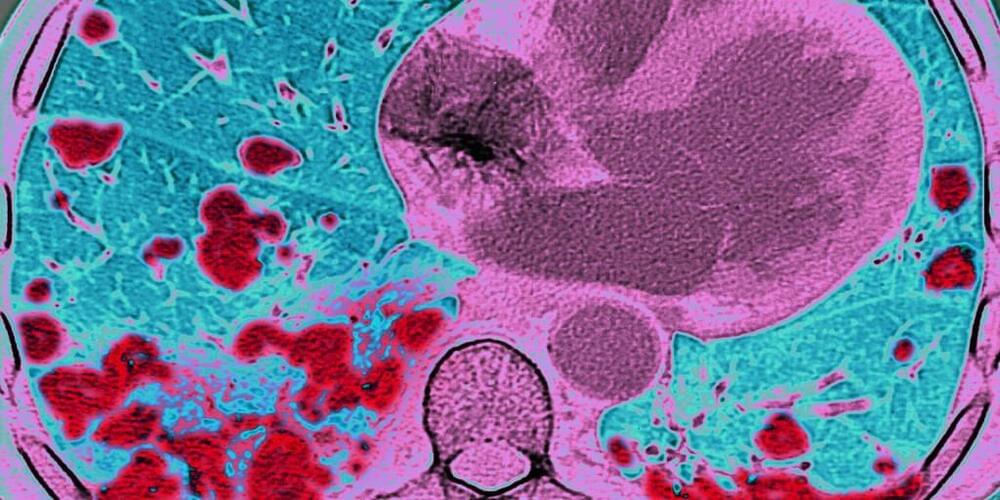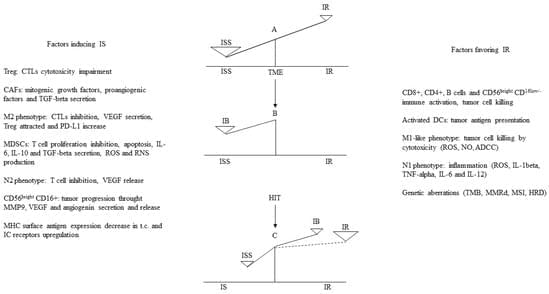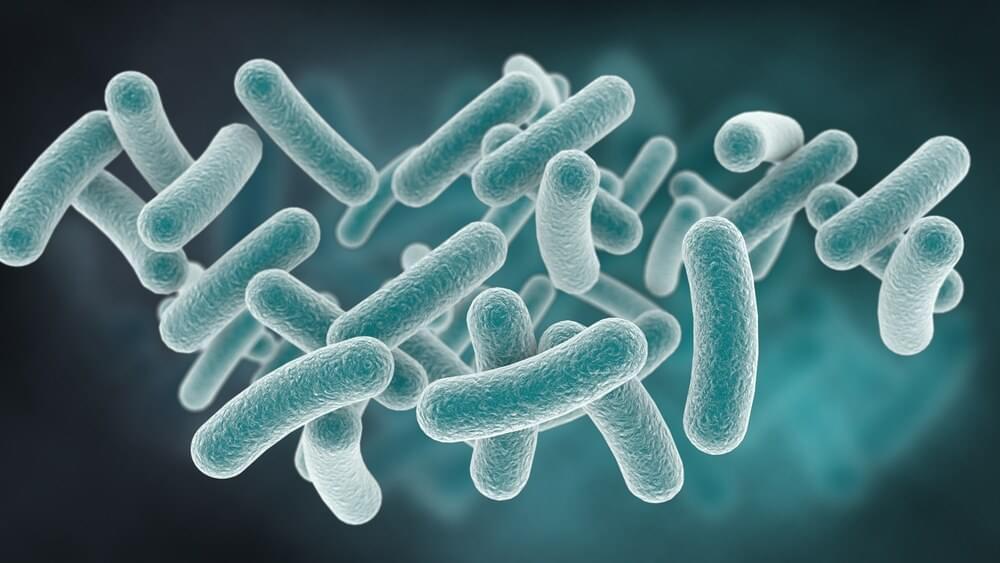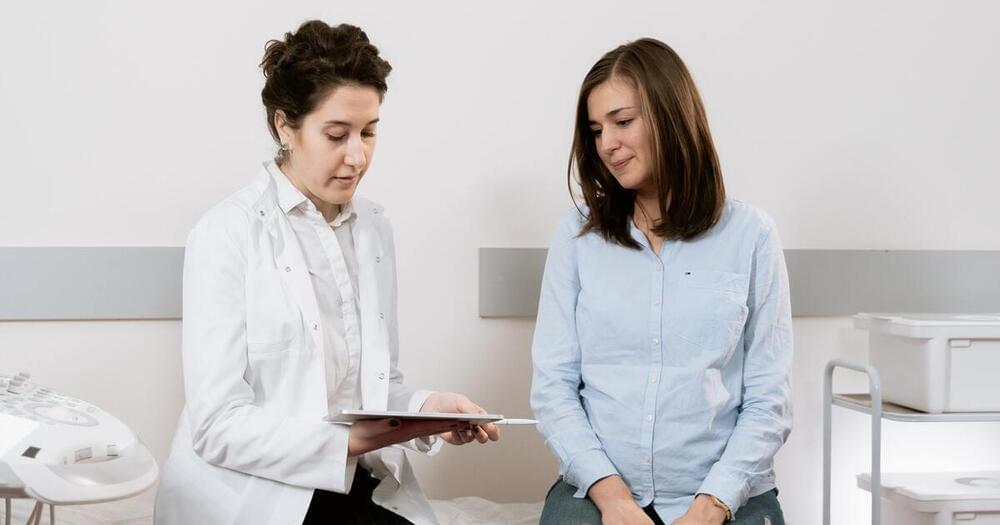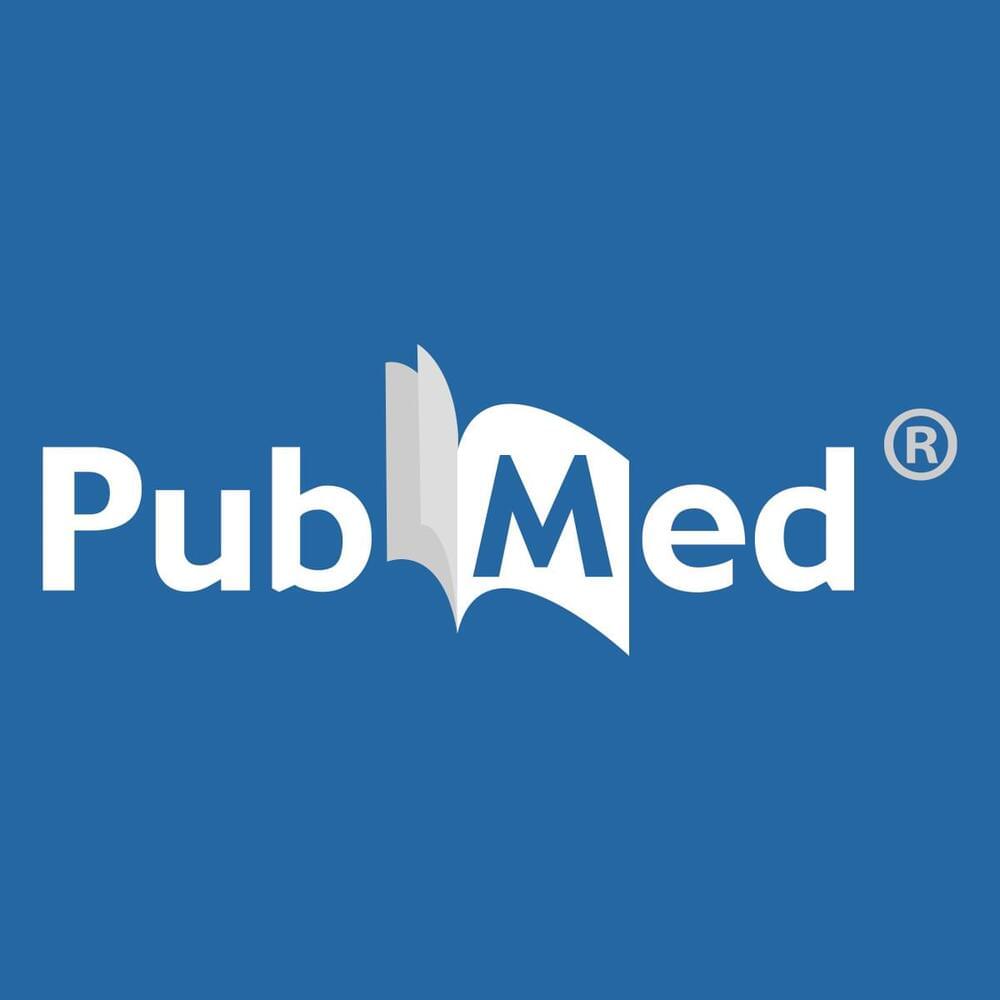
In a recent study published in the journal Maturitas, researchers conducted a systematic review and meta-analysis to compare the risk of cardiovascular events in women with and without endometriosis.
Study: Endometriosis and cardiovascular disease: A systematic review and meta-analysis. Image Credit: Bangkok Click Studio / Shutterstock.
Apart from autoimmune disorders, polycystic ovary syndrome, depression, and premature menopause, there are pregnancy-associated risk factors for cardiovascular diseases, such as gestational diabetes, pregnancy-related hypertensive disorders, placental abruption, preterm delivery, and pregnancy loss. Women experience a higher mortality rate due to cardiovascular diseases, and while the treatment methods are the same for men and women, the presentation, symptoms, diagnosis, risk factors, and response to treatment differ for women.

